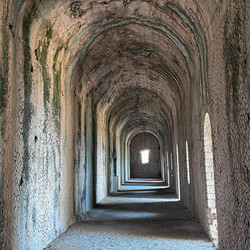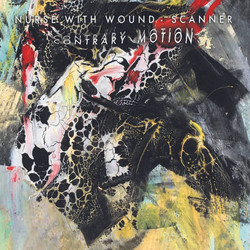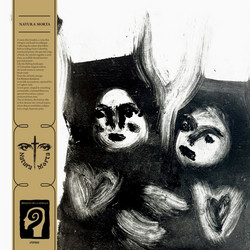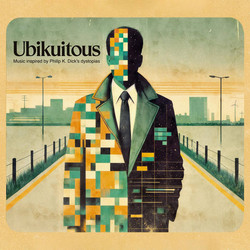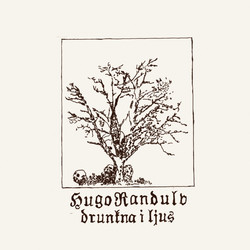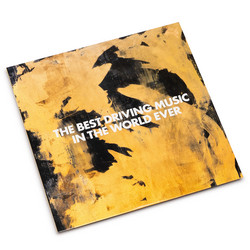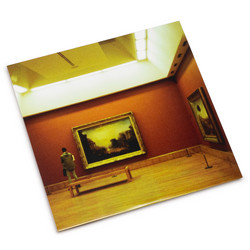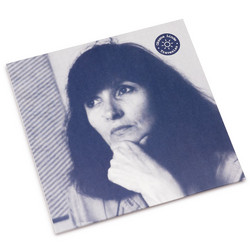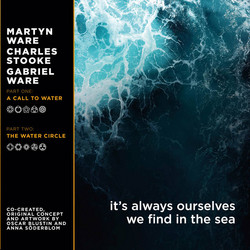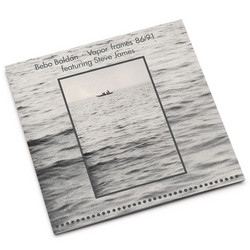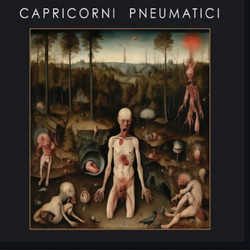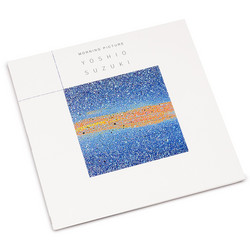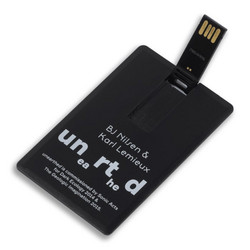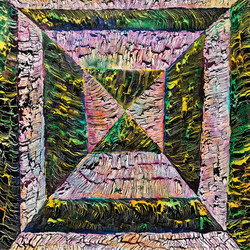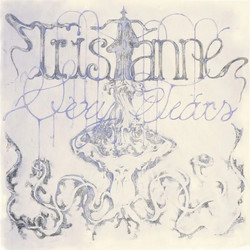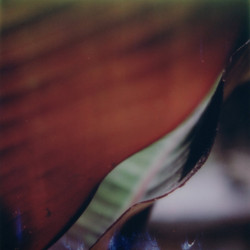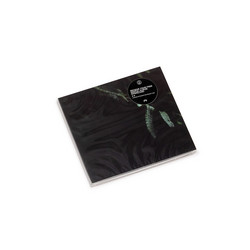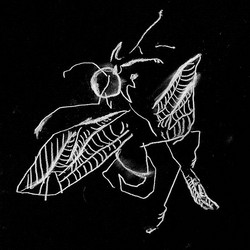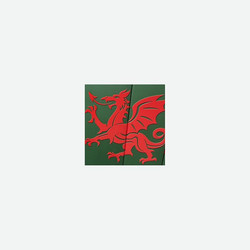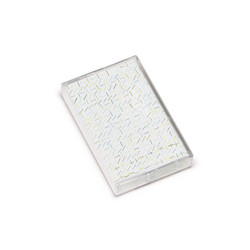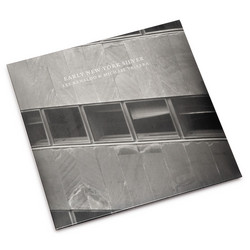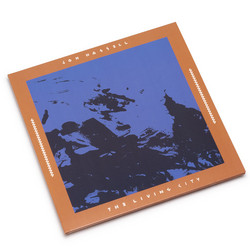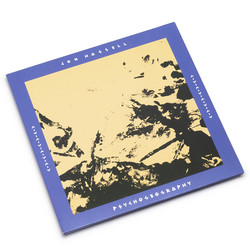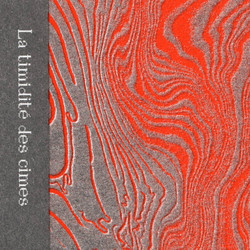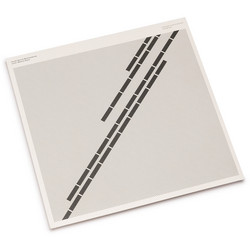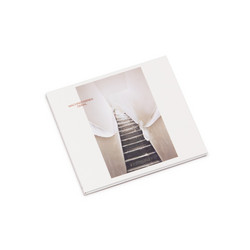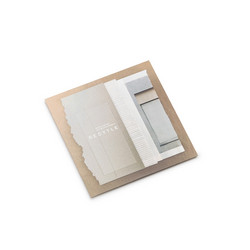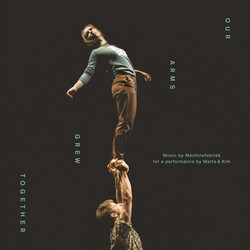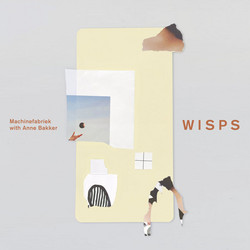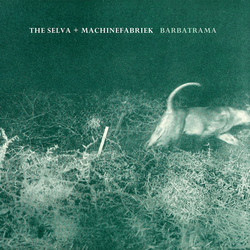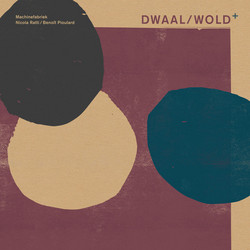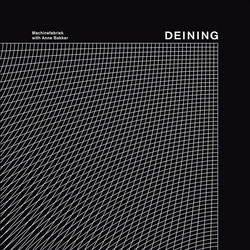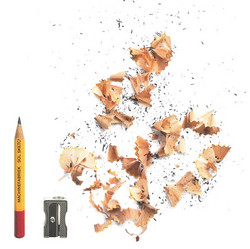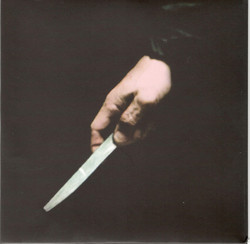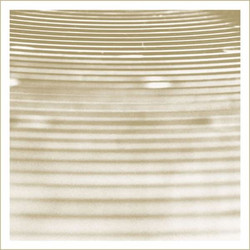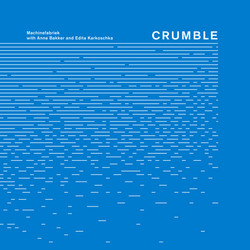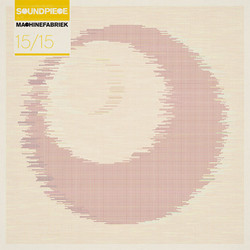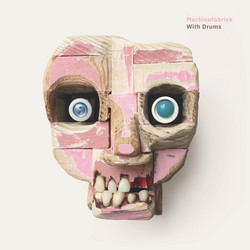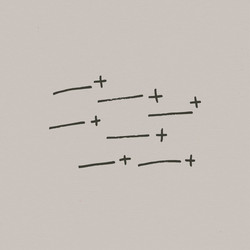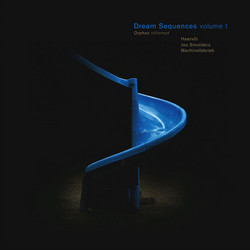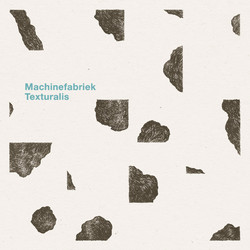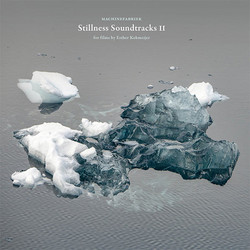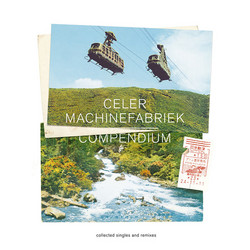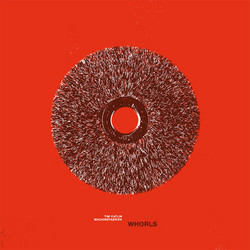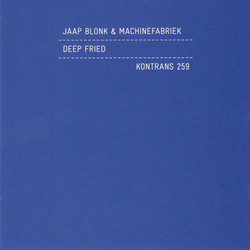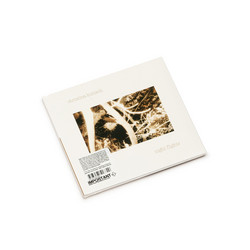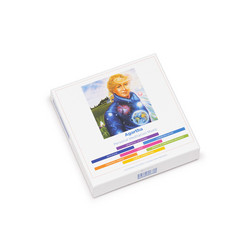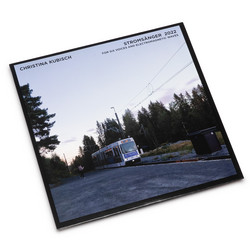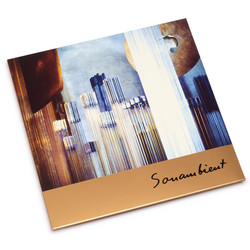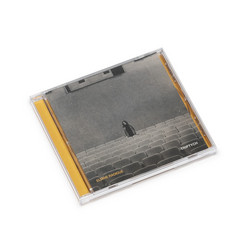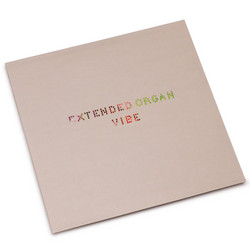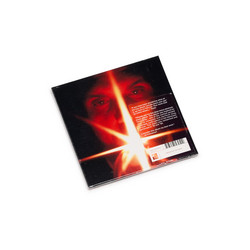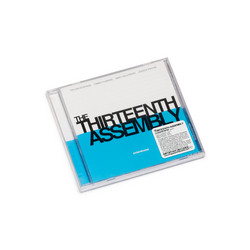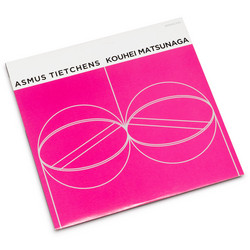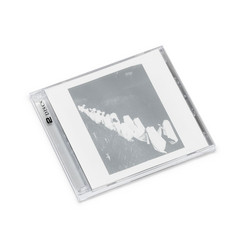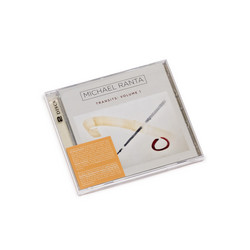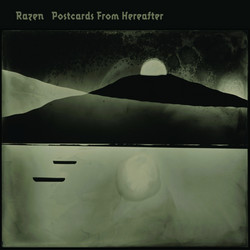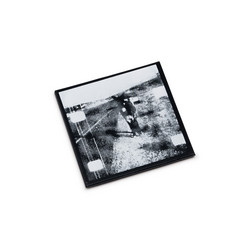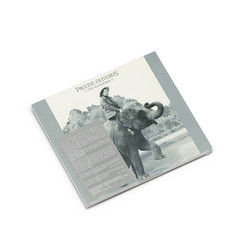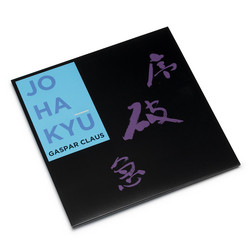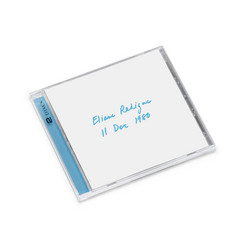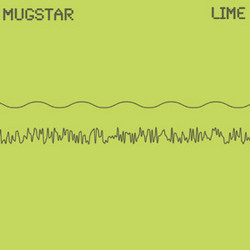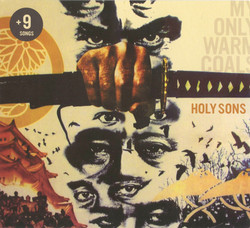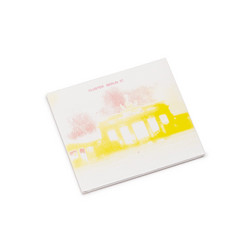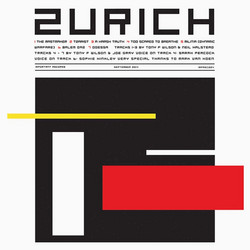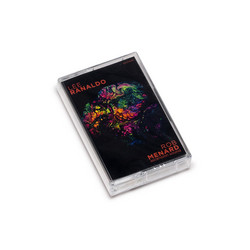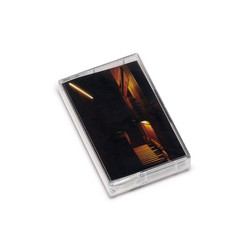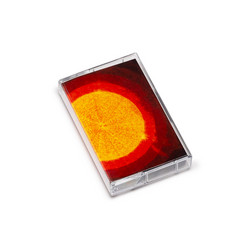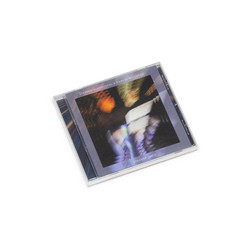Beautiful new work from Machinefabriek. Secret Photographs was composed as a soundtrack to accompany a film made by Mike Hoolboom using photographs taken by notorious bank robber Alvin Karpis.
Filmmaker Mike Hoolboom discovered a batch of Karpis' photos for auction on eBay. He was the lucky winning bidder. With his newly found treasure, Hoolboom began working on a film consisting of still images, slowly dissolving one into another. Intensifying the slow, hypnotic pace and transitions, the musical score follows the three parts of the film (black & white, color, black & white) with dream-like, barely moving sonic structures. In the film (which is still in the making, working title Secret Photographs), the music will be accompanied by a voice-over and additional field recordings. On this album though, the original score is presented in it's pure, unhurried form.
Alvin Karpis (born Albin Francis Karpowicz; August 10, 1907) was one of the most notorious bank robbers of the twentieth century. He was named public enemy number one and arrested by J. Edgar Hoover in 1936. He was sent to the then recently formed Alcatraz penitentiary, where he became its longest serving prisoner. Karpis was released on parole in 1969, and wrote a best-selling memoir. He moved to Spain in 1973, where he died six years later. In the last years of his life, he became an obsessive photographer, but never showed his work to anyone.
Rutger Zuydervelt was born on 28 July, 1978 in Apeldoorn (The Netherlands), but now resides in Rotterdam. He started working as Machinefabriek in 2004. The name (meaning 'machine factory') was on the façade of a building Rutger passed everytime he went shopping for groceries.
Except for a few piano and guitar lessons when he was young, Rutger didn't study music. Instead, he graduated as a graphic designer. The sleeves of his releases are practically always designed by Rutger himself, being a crucial part of the music.
Machinefabriek's music combines elements of ambient, modern classical, minimalism, drone and field recordings. His pieces unfold as "films without image," with a sharp ear for detail. After releasing a series of self-released CDRs, the official debut, Marijn, was issued by Lampse in 2006. Since then a solid stream of singles and albums was released on labels like Type, Home Normal, 12K, Spekk, Dekorder, Digitalis, Experimedia and Staalplaat.
Performing live has been an important expression for Machinefabriek. He took has toured Russia, Israel, Japan, Canada, Switzerland, Spain, Czech Republic, Germany, Turkey and England.
Rutger collaborated, live and in studio, with numerous artists, including Ralph Steinbrüchel, Aaron Martin, Peter Broderick, Frans de Waard, Wouter van Veldhoven, Simon Nabatov, Xela, Simon Scott, Steve Roden, Gareth Davis and Tim Caitlin among others.
Rutger also works with various visual artists. He has scored dance, film, video installations and sculptures. These cross-disciplinary collaborations are something Machinefabriek will focus on more and more.
